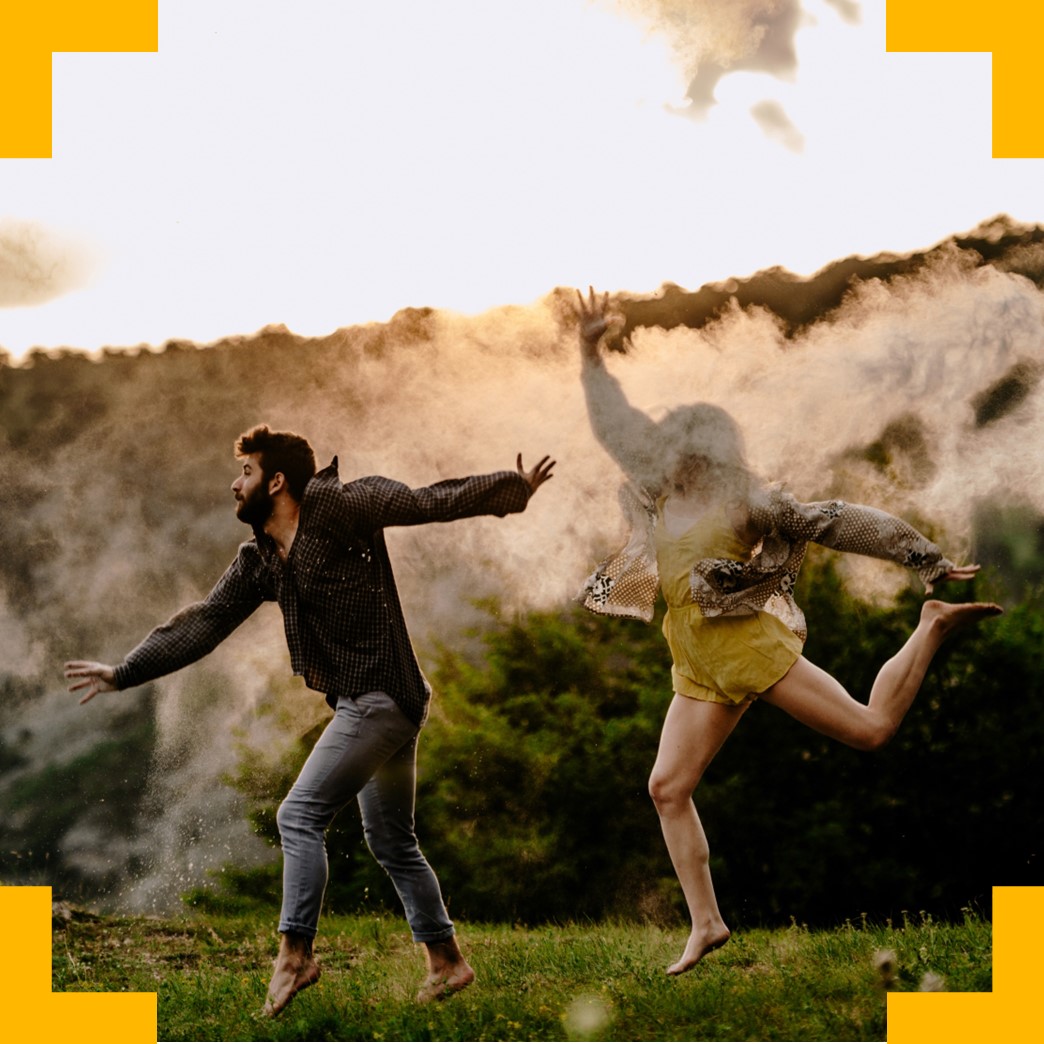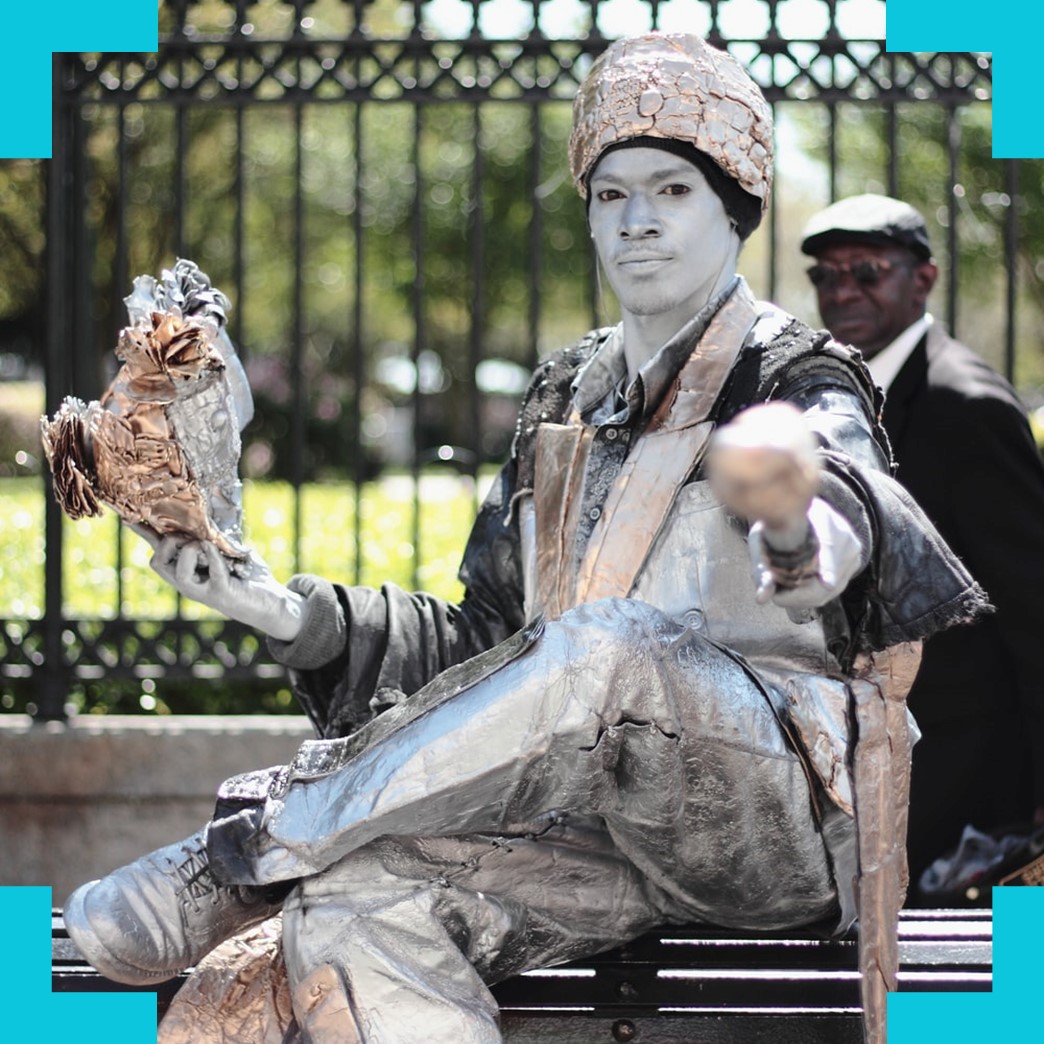-

In 2018, Amy King conducted a series of oral history interviews with former dockers who worked on the Bristol City Docks. She used sections of these interviews, and clips from existing interviews archived at Bristol’s M Shed, to create …
-

This project builds upon the Brigstow funded An Empathetic Realisation of Embodied Grief in Fiction Film (2019) – which led to the production of the short practice-as-research films Lost Property (Dawson, Hay, Rosling, 2022) and Nothing Echoes Here (Hay, 2022) …
-

Supporting migrants in processing traumatic memories has been at the forefront of policy priorities since the beginning of the migrant crisis. Discussions tend to develop medicalized and pathologizing approaches to trauma, focusing on first generation migrants’ memories of life-threatening experiences …

Brigstow brings researchers from different disciplines together with a range of partners across the city and beyond to experiment in new ways of living and being.






